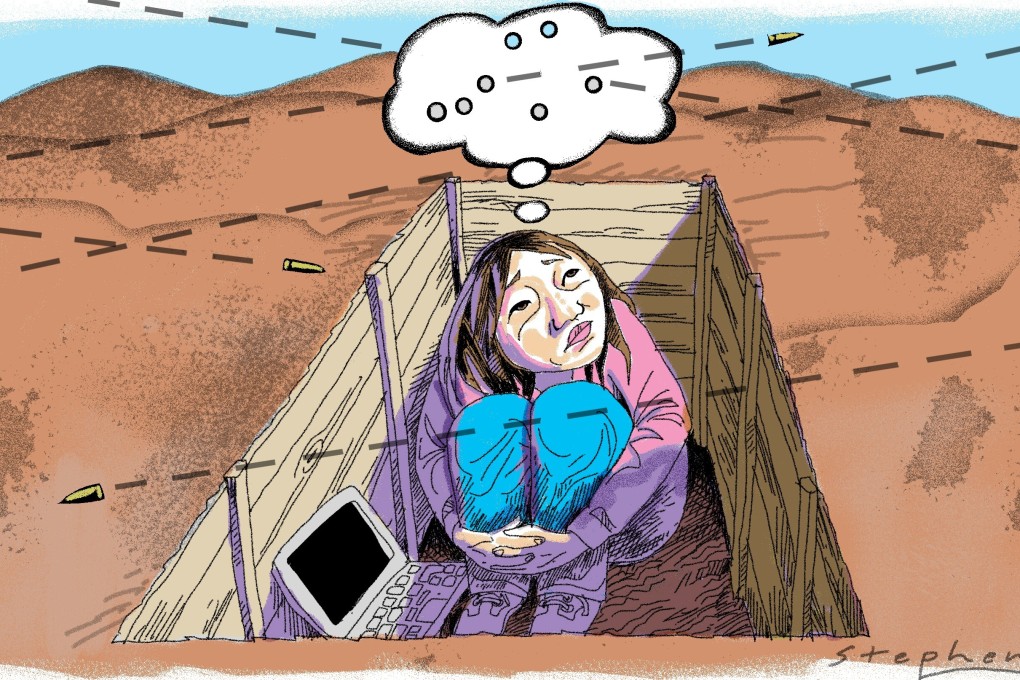Opinion | US-China cold war: How Chinese overseas students are getting caught in the crossfire
- US hostility is dashing the hopes of many ordinary Chinese seeking a more liberal life, even as jingoistic pressure grows on them to not be seen as Chinese traitors and sell-outs

It is fair and square to restrict the entry of individuals who could pose risks to national security – your average turncoat, spy or criminal who violates laws and jeopardises American interests. After all, any reasonable government ought not to put up with foreign agents and interests bent on sabotaging law and order.
Yet as tensions mount, many students from China studying in the West have found themselves caught in the crossfire between a land that they call home, and a land that they want to make home.
The latest restrictions touted by senior American officials ominously foreshadow a marked official pivot away from sensible evidence-informed precautions, into the dangerous terrain of impetuous policymaking and calculating politicking.

01:25
US colleges face US$15 billion hit as Chinese students stay away amid coronavirus pandemic
.png?itok=bcjjKRme&v=1692256346)